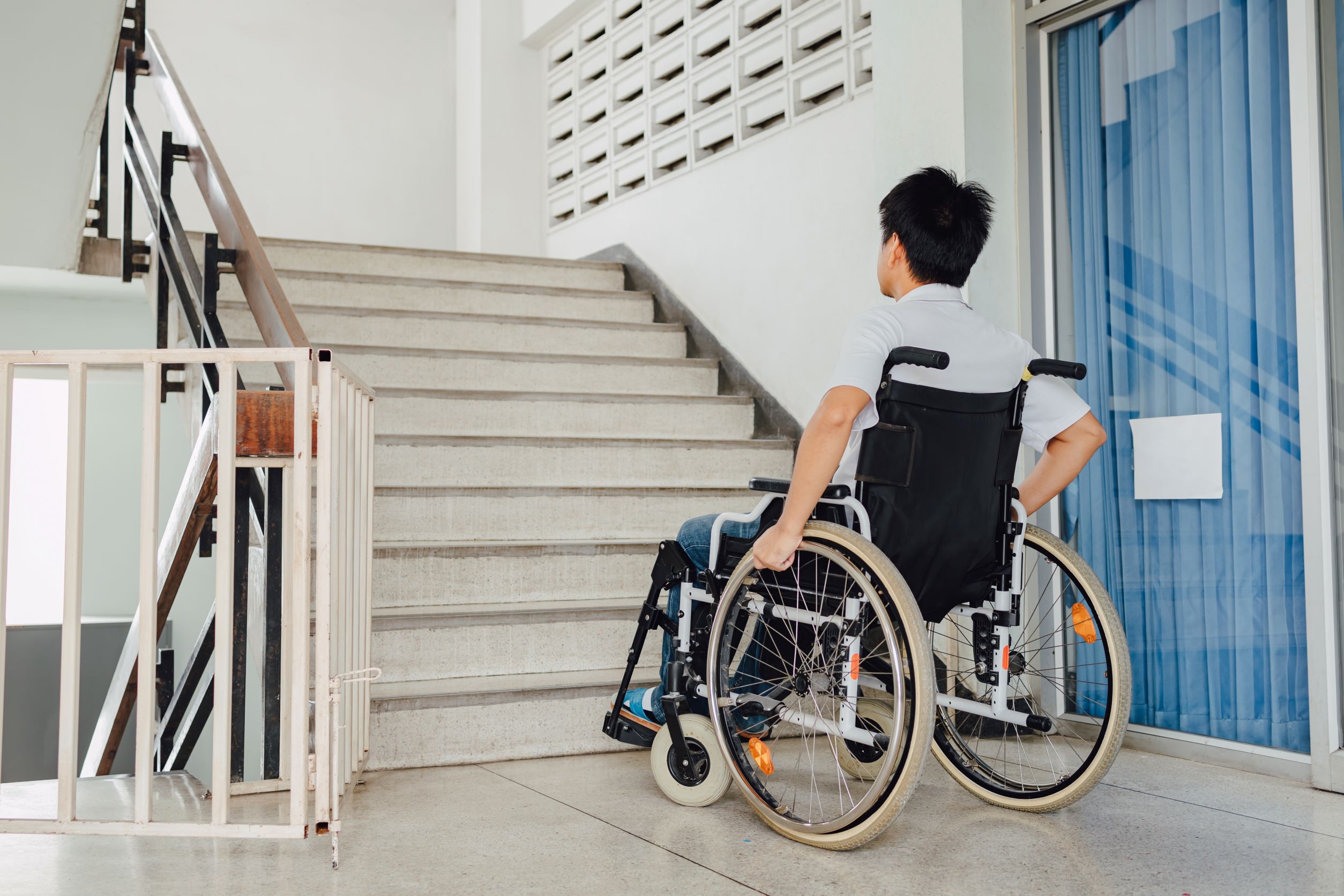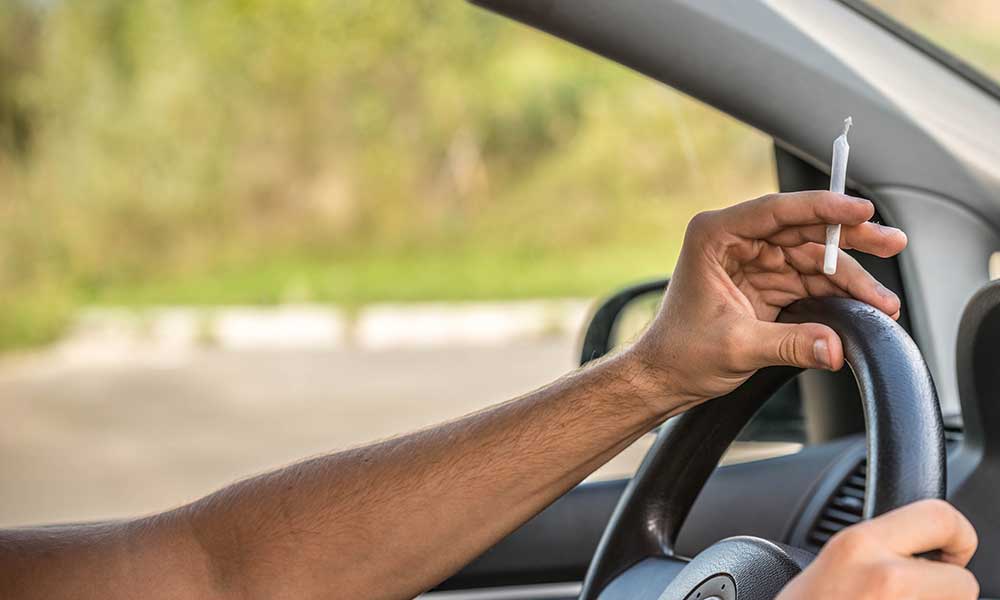Introduction
Navigating life with a disability presents its own unique challenges, but discriminatory practices shouldn’t be one of them. That’s why laws like the Americans with Disabilities Act (ADA), the New York State Human Rights Law, and the New York City Human Rights Law exist to protect your rights. At ILGANAYEV LAW FIRM, PLLC, we want you to be well-informed of these protections. If you feel that your rights as an individual with disabilities have been violated, we are here to fight for you.
What Constitutes Discrimination?
Discrimination can manifest in various forms and settings, particularly for individuals with disabilities. Here are some specific examples that illustrate discriminatory practices:
- Lack of Entry for Wheelchair Users: Public places like restaurants or stores without ramps or elevators.
- Non-Compliant Doors: Establishments with doors that violate ADA Section 404 guidelines, such as doors with high thresholds, inadequate maneuvering clearances, or non-operable handles for people with disabilities.
- Inaccessible Bathrooms: Bars or restaurants with bathrooms that are not wheelchair-accessible, lack handrails, or have doors that are too narrow.
- Limited Transportation Access: Public buses or trains without adequate facilities for people with mobility issues.
- Informational Barriers: Lack of Braille or audio descriptions in public places, such as museums or service centers.
- Exclusionary Policies: Gyms or recreational facilities that deny entry to individuals based on their disabilities.
These are just a few examples. Discrimination can also be subtler, such as failing to provide reasonable accommodations in the workplace, or not allowing service animals into public spaces.
The Americans With Disabilities Act (ADA)
Enacted on July 26, 1990, the ADA is a federal law designed to prevent discrimination against people with disabilities in various facets of public life including employment, public accommodation, and transportation.
Key Objectives of the ADA
- Elimination of discrimination against individuals with disabilities.
- Providing clear, strong, consistent, enforceable standards.
- Using the power of Congress to address major areas of discrimination.
The Department of Justice has also formulated guidelines known as the Americans with Disabilities Act Accessibility Guidelines (ADAAG), which could result in civil penalties up to $110,000 for the first violation and $150,000 for subsequent violations.
New York State Human Rights Law
The New York State Human Rights Law makes it unlawful for public accommodations to discriminate based on disability. This provides an added layer of protection beyond federal laws.
New York City Human Rights Law
Even more locally, the NYC Human Rights Law and the Local Civil Rights Restoration Act of 2005 offer stringent protections against discrimination. The Restoration Act also makes it abundantly clear that these laws should be construed liberally to favor the disabled to the fullest extent possible.
Attorney Fees — YOU DON’T HAVE TO PAY
Often, one of the barriers to seeking legal recourse is the fear of incurring hefty legal fees. Here at ILGANAYEV LAW FIRM, PLLC, we want to emphasize that you do not have to pay for attorney fees when it comes to cases of this nature. The ADA and the New York City Human Rights Law allow for reasonable attorney’s fees, costs, and expenses to be paid by the defendants.
Why Choose ILGANAYEV LAW FIRM, PLLC?
- Expertise: Our team is highly experienced in ADA law, as well as state and city regulations.
- No Cost to You: Remember, you do not have to pay attorney’s fees in cases of discrimination based on disability.
- Client-Centric: As a boutique, client-focused firm, we place your needs and rights at the forefront of what we do.
Conclusion
Your rights to accessibility and equal treatment are protected by a robust legal framework. If you believe you have faced discrimination due to your disability, we urge you to contact us right away and let us fight for your rights.
For further queries or to schedule a consultation, please call us at 646.396.8050 or via email at ilganayevlaw@gmail.com and our attorneys will get back to you right away.
ATTORNEY ADVERTISING. This blog post is provided for informational purposes only and does not constitute legal advice. For specific legal guidance related to your situation, please consult with an attorney. Prior results do not guarantee a similar outcome.



